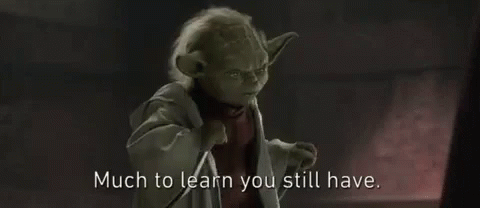What, you thought he would actually live up to his campaign promises?
Already hearing stories of voter remorse. Ya know what? Fuck right off! It’s not like nobody told you. Shit, he told you himself, and you still pulled that lever.
What, you thought he would actually live up to his campaign promises?
Already hearing stories of voter remorse. Ya know what? Fuck right off! It’s not like nobody told you. Shit, he told you himself, and you still pulled that lever.
US Central Bank is currently independent so doesn’t act under Trumps orders. If Inflationary pressures are high, they are likely to keep rates high, or even start raising again to try to squash that.
Trumps campaign indicated wide use of tariffs (expected to push prices of imported goods up) and unfunded tax cuts (i.e paid by more heavy borrowing) that would also be likely to be inflationary given the underlying strength of the economy.
The plan against inflation was partly through lower energy prices by expanding domestic production but there is some thought this may be more difficult than first thought as costs to bring new fields online may be higher than the existing ones. Energy companies are also currently going through a phase of reducing investment and returning that cash to shareholders instead, with the shareholders not keen on giving that cash up.
If Trump is seen to interfere with CB independence, investors in US debt may look for a higher premium to convince them to buy it.
That’s news. Generally it’s the other way around.
Tariff related increases in price are not technically inflationary because it is more of a one time hike. Because it lacks the feedback loop element of supply shocks or increased monetary supply interest rates hikes are unlikely to be used as a strategy to address it.

In practice, tariffs are unlikely to one and done and frequently involve retaliatory responses and play out in stages
That’s fair - prices are likely to go up successively with additional rounds of tariffs, but this is still a series of one time price hikes with a mechanism that doesnt make them a good target for interest rate hikes.
It is a cost of living increase that is entirely self inflicted that we have almost zero ability to address. The thought of “building it in America” as a viable response is utterly fanciful for a variety of reason, not least because even the most simple low risk manufacturing factory takes the best part of half a decade to get up and operational
Thanks.
Is the CB in charge of refinancing the debt or is thatva little more like the UK where the Chancellor is involved?
The Federal Reserve is the CB. Debt is largely (totally?) refinanced by the Treasury Dept issuing bonds and other similar instruments. The head of Treasury is one of the key members of the president’s cabinet and so is a role you can probably equate to the UK chancellor
You are currently atop my list of favorite Americans:
@StevieJayUSA
Mookie Betts
Ben Johnson
@RedYank
Bernie
.
.
.
@KY_TNRed
Potential for some friction there then.
A treasured spot…I think.
If only that were true…
Top 10!
Howling! You’re a good man.
That is a good point. The last president you could call honourable was Jimmy Carter. In my eyes, and with the benefit of hindsight, all his successors have been self-serving cunts and contributed to the current horrible situation, one way or another.
Wonder how much I’ll get for the @Alright_Now_Legend documentary?
You’d have to pay us to watch it.
More Bezos caving in. First the Washington Post. Now this.
Oligarch’s lining up to ingratiate themselves with Trump.